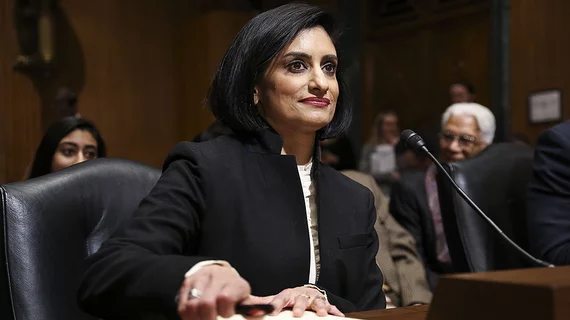CMS head warned about consequences of ACA changes
The Trump administration was warned that its policy changes undermining the Affordable Care Act would cause disruption to healthcare coverage and likely increase taxes, according to a leaked internal memo, first reported by Politico. CMS Administrator Seema Verma penned the memo in August 2018 and outlined how several policy changes could negatively impact the ACA market.
The memo warns that the adoption of three specific policies, including a ban on silver loading, ending auto re-enrollment and indexing growth in enrollee premiums to growth on a retroactive basis would reduce exchange enrollment in the 2020 plan year by 1.1 million individuals.
In addition, Verma noted that the introduction and expansion of non-ACA-compliant plans, including short-term, limited-duration health plans, would have “the risk of disruption in the individual market… Potentially resulting in bare counties or states with no subsidized coverage available in 2019 and future plan years,” the memo reads. In addition, Verma warned that it would take time for these plans, which the Trump administration did expand in 2018, to offer a smooth transition for consumers. These alternative health plans (AHPs) and short-term plans also were not likely to be viable options for unsubsidized enrollees with pre-existing conditions.
The risks led Verma to conclude that the administration should not expand short-term plans or make significant changes that open up other AHPs.
The emergence of the memo, which has since been released, prompted House Democrats to ask for more details about the policy decisions in a letter to HHS last week. The letter argues that the memo proves the Trump administration set out to undermine the ACA, Politico reported.

